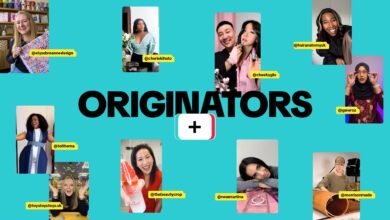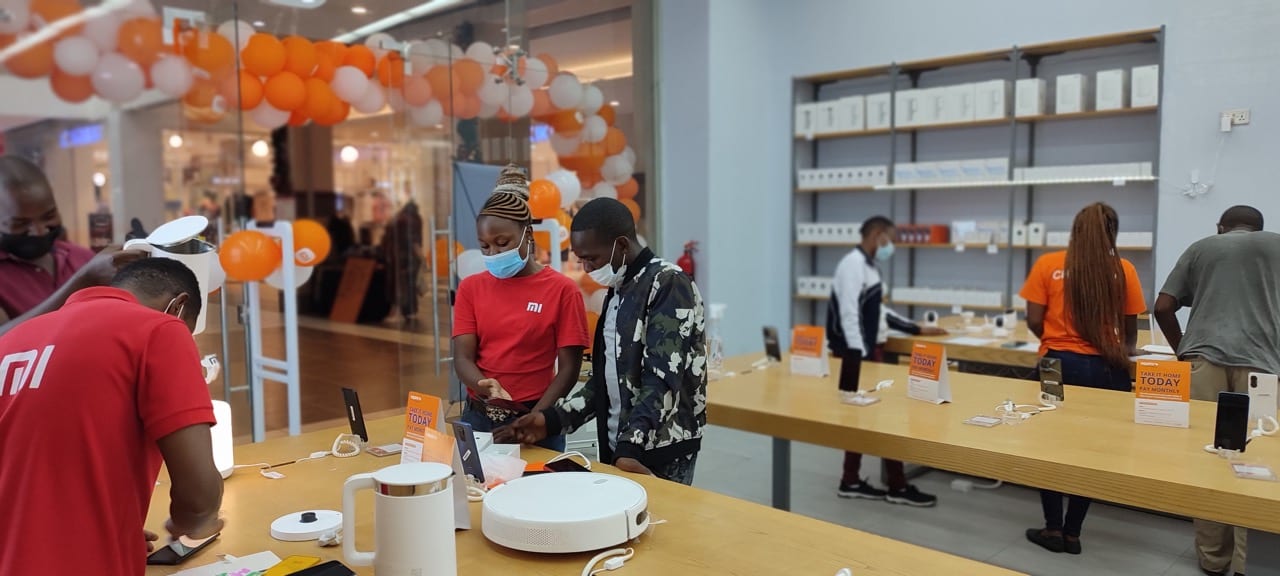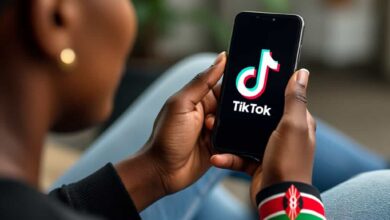Legit.ng has launched a free, edutainment-style fact-checking course that will live where misinformation spreads fastest, namely TikTok, Instagram, Facebook, and other social platforms. The 14-day campaign began on August 25 and targets all audiences, with a focus on digital-savvy youth who often shape what travels across timelines. The aim is simple, teach people how to spot a falsehood, verify it, and stop the share chain.
Why this matters for Kenya and the region
East Africa has seen how quickly misleading posts can bend public conversation. In February, a senior Kenyan official amplified an AI deepfake video, renewing debate on how easily synthetic media can mislead audiences. That incident underscored the urgency for basic verification skills in newsrooms and among everyday users.
Platforms are responding too. TikTok removed over 450,000 videos in Kenya in Q1 2025 and banned more than 43,000 local accounts for severe or repeated violations. Those figures show both the scale of the problem and the limits of relying on moderation alone, which makes user-level media literacy an essential second line of defense.
Beyond politics and viral trends, generative AI has lowered the cost of deception. Deepfakes and synthetic identities are now part of the fraud toolkit, creating risk for fintechs, ID systems, and everyday users. A course that demystifies verification is a practical countermeasure.
What the Legit.ng course offers
According to Legit.ng, the course is free on its site and social channels and is designed for everyone, from first-time creators to Gen Z and boomers. Lessons promise expert-backed content presented in plain language, with interactive elements and real-life examples. The approach is intentionally entertaining so that the skills stick, and so that people are more likely to share corrective content inside their own communities.
Expect guidance on common red flags, how to slow down before sharing, and simple checks that anyone can do. That includes comparing headlines to articles, reverse-image cues, and cross-referencing credible outlets. Techish readers will remember we have shared practical WhatsApp hygiene before, for example how to treat forwarded messages and why multi-source confirmation matters.
Credible partners, credible content
The initiative enlists Africa Check and DUBAWA to co-create material. Both are established fact-checking organizations that operate across the region. Techish has tracked Africa Check’s earlier collaborations with platforms, including Facebook’s expansion of local language fact-checking in Sub-Saharan Africa, which helped reduce the distribution of flagged stories. Bringing that experience into easily shareable short-form lessons should raise the floor for everyday verification.
The ecosystem has been building for years. PesaCheck, for instance, has pioneered public-finance fact-checking in East Africa since 2016. Efforts like Legit.ng’s add a missing layer, meeting users directly in their feeds with short, repeatable skills.
How to take part
The program runs across Legit.ng’s channels and partner pages. To follow along, users can start with Legit.ng on Instagram at @legit.ng and on TikTok at @legitngnews. Africa Check is sharing complementary material on @africacheck and @africacheck_nigeria, while DUBAWA is doing the same via @dubawafacts on both platforms. The content is free, the lessons are short, and the goal is to build habits you can use every day.
The bigger picture
Trust is now a competitive advantage for both audiences and brands. Campaigns that equip people to verify content help rebuild that trust while aligning with a wider shift toward responsible media environments. For marketers and creators, publishing in or linking to trusted news contexts is already seen to lift credibility. User-level literacy complements that by making feeds more resilient to manipulation.
Finally, this is not happening in a vacuum. East African classrooms, teachers, and civil-society groups are investing in AI and digital literacy. From educator bootcamps to national programs, the region is leaning into skills that help people use new tools responsibly. A practical, youth-friendly fact-checking course fits neatly into that momentum.






